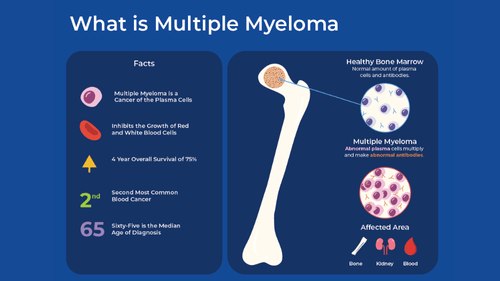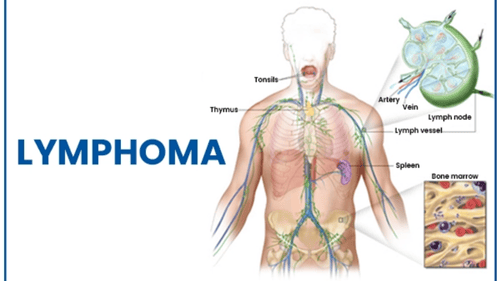Best and Affordable Bone Marrow Transplant for Multiple Sclerosis in India
Multiple sclerosis (MS) is a progressive autoimmune disorder that disrupts the nervous system, affecting daily life. For patients from Algeria, UAE, Kenya, and beyond, India offers a breakthrough treatment—bone marrow transplant (HSCT)—to reset the immune system and slow MS progression. Led by Dr. Rahul Bhargava, this cutting-edge therapy is now accessible and affordable. Discover how a bone marrow transplant in India can change the future of MS care.
Understanding Multiple Sclerosis and Its Impact
Multiple sclerosis (MS) is a chronic autoimmune disorder where the immune system mistakenly attacks the central nervous system, specifically the myelin sheath protecting nerve fibers. This damage disrupts communication between the brain and body, leading to symptoms like fatigue, muscle weakness, and cognitive issues. MS can be highly disabling, and while treatments exist, there is currently no cure. In recent years, a bone marrow transplant for multiple sclerosis has emerged as a promising approach to reset the immune system and slow disease progression for certain patients.
What is a Bone Marrow Transplant?
A bone marrow transplant for multiple sclerosis involves replacing damaged or diseased bone marrow with healthy stem cells to “reboot” the immune system. In autoimmune conditions like MS, a hematopoietic stem cell transplant (HSCT) can reprogram the immune system, reducing its attacks on the central nervous system. The procedure can be autologous (using the patient’s own cells) or allogeneic (using donor cells), though autologous transplants are preferred in MS to reduce complications related to immune rejection.
How Bone Marrow Transplant Works for Multiple Sclerosis
The goal of a bone marrow transplant for multiple sclerosis is to remove immune cells that attack the nervous system and replace them with healthy stem cells. This process typically involves the following steps:
- Collection of Stem Cells: In an autologous transplant, a patient's healthy stem cells are collected and stored.
- Conditioning: The patient undergoes chemotherapy or immunosuppressive therapy to destroy existing immune cells, helping reduce MS activity.
- Transplantation: The stored stem cells are infused back into the patient, which then “resets” the immune system over time.
- Recovery: The new immune system rebuilds itself, ideally without the autoreactive cells that previously attacked the central nervous system.
While not suited for every patient, a bone marrow transplant for multiple sclerosis has shown significant promise in reducing relapses and slowing progression, especially in patients with aggressive, treatment-resistant forms of MS.
Who Can Benefit from Bone Marrow Transplant?
A bone marrow transplant for multiple sclerosis is generally recommended for patients with relapsing-remitting MS (RRMS) or secondary progressive MS (SPMS) who have not responded to conventional treatments. According to studies, younger patients and those in the early stages of MS tend to experience better outcomes. Given the intensive nature of the treatment, it’s typically reserved for those who do not benefit from other therapies and are experiencing significant disease progression.
Risks and Considerations
While a bone marrow transplant for multiple sclerosis can offer considerable benefits, it also carries risks due to the intensive conditioning regimen, which can weaken the immune system temporarily. Side effects may include fatigue, infection risks, and other complications from chemotherapy. Patients are therefore carefully screened and closely monitored throughout the process to mitigate risks.
Recovery and Long-Term Outlook
Recovery from a bone marrow transplant for multiple sclerosis varies, often taking several weeks to months. During this time, patients undergo regular follow-ups to monitor immune recovery and assess MS progression. Many patients experience a reduction in relapse frequency and a slowed disease progression, though individual results can differ.
Choosing the Right Specialist for Bone Marrow Transplant in MS
Choosing an experienced hematologist is essential for anyone considering a bone marrow transplant for multiple sclerosis. Dr. Rahul Bhargava, a renowned hematologist, brings significant expertise in performing bone marrow transplants for various conditions, including autoimmune diseases like MS. Dr. Bhargava and his team offer comprehensive evaluations, personalized treatment plans, and long-term post-transplant care to ensure each patient’s safety and best possible outcomes.


